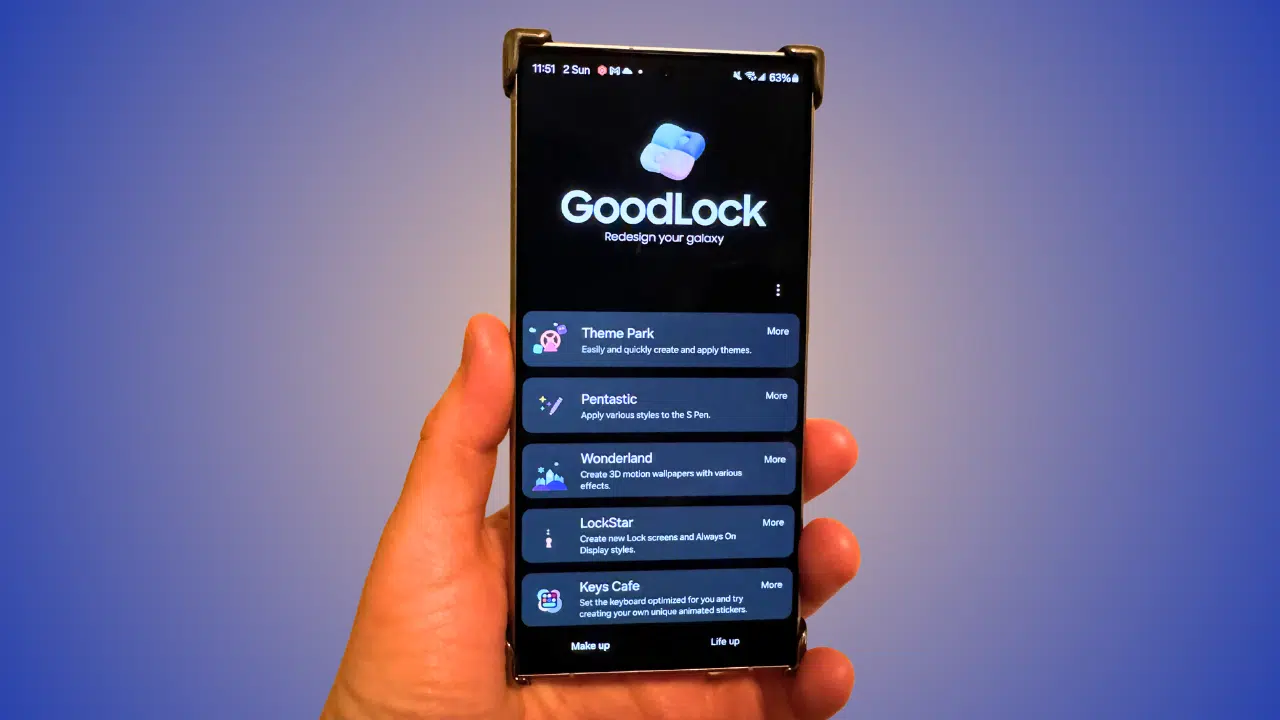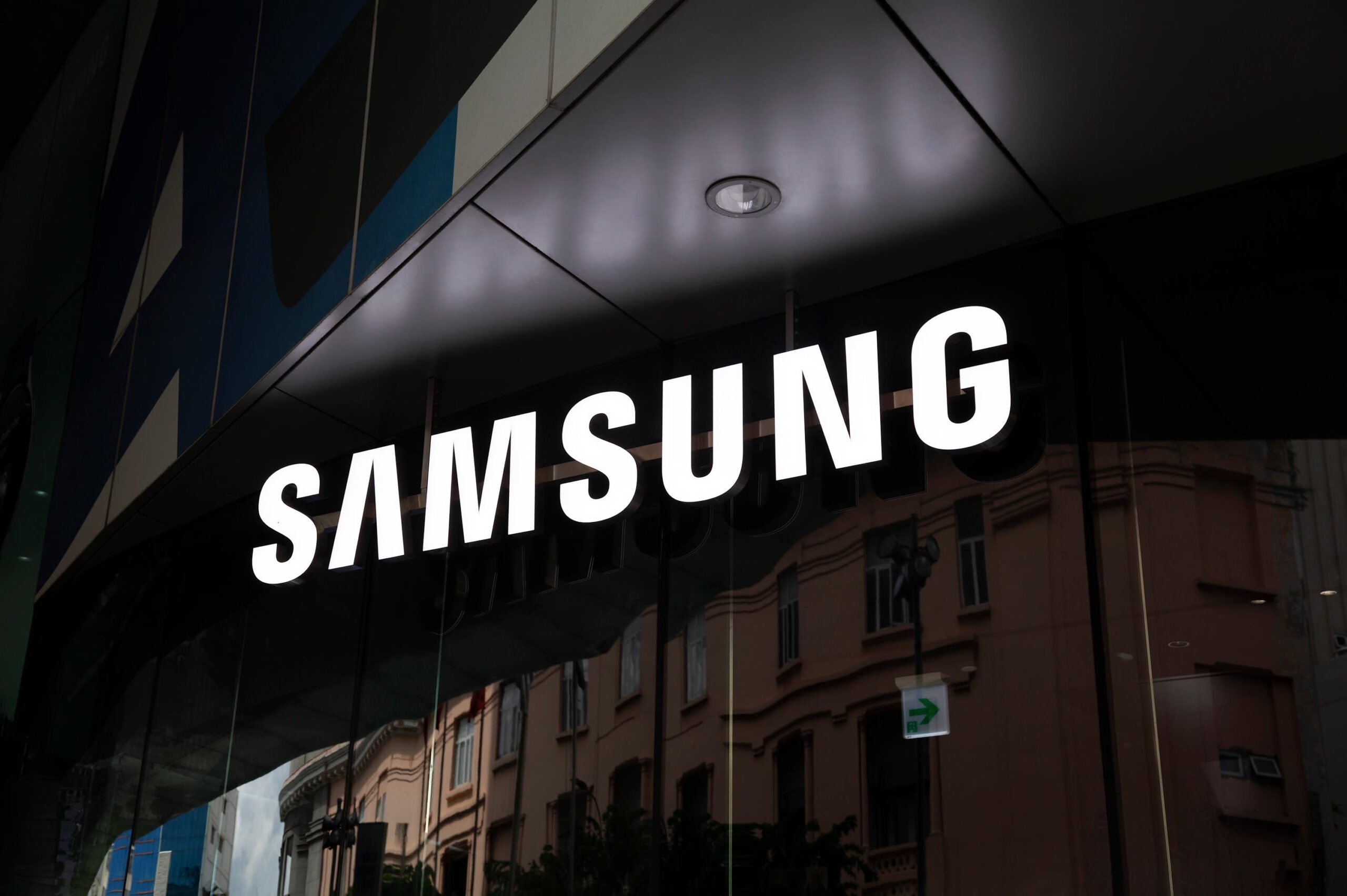Epsilon Advanced Materials Pvt, India’s first lithium-ion battery component manufacturer, was established in Karnataka, southern India, and it has begun to take shape.
It is reported that this anode material manufacturer was founded by Vikram Handa, whose father-in-law owns India’s largest steel plant. Handa’s factory purchases coal tar and other raw materials from its father-in-law’s steel plant for the production of synthetic graphite anodes.
Handa plans to invest 807 million U.S. dollars to produce 100,000 tons of synthetic graphite anodes by 2030, accounting for about 10% of the estimated global demand. By producing anode materials locally in India, Handa plans to transform India into a battery material center.
Join us on Telegram
Handa, 40, said that India has a lot of room for local production of electric car batteries because of the availability of raw materials, a $20 billion production incentive plan, the proposed battery material policy, and the ever-improving demand outlook.
He said: “I am quite optimistic about the prospects of the Indian battery market in the next ten years.” “It will take two to three years before a large amount of capital enters this field, but then you will see a large influx of capital. India is a huge car market that cannot be ignored.”
Several Indian automakers have begun production or announced plans to produce electric vehicles. The latest example is Ola Electric Mobility Pvt, the start-up of Bhavish Aggarwal. Agarwal said he expects that by the summer of 2022, its electric motorcycle production will account for 15% of the world’s total. In addition, the Chief Minister of Karnataka, India, said that electric car manufacturer Tesla will open India’s first plant there.

The proportion of electric vehicle sales in India is less than 1%, and the popularity of electric vehicles has been slow. The reasons are the lack of charging infrastructure and technology, the high cost of cars, and the lag in the research and development and investment of batteries and other technologies. India currently has some battery assembly plants and no battery manufacturer yet.
Mahindra is one of the largest automakers in India. According to the company’s forecast, with more orderly prices and improved infrastructure and technology, India’s electric vehicle sales will surpass that of fuel vehicles before the 1930s, and domestic battery supply will become critical.
Handa said: “If electric vehicles become popular in India, Tesla will come to build a factory tomorrow, then a large part of the anode materials will be used in the local market.” “We are confident in the development of the Indian market, and we will have the first mover. Advantage.”







